
Looking for
www.excaliburcomms.co.uk?
Don’t worry, you’re in the right place. Excalibur Communications became part of the Onecom Group in March of 2024 and we have now adopted our nationwide group identity and changed to Onecom. Don’t worry, our location and our teams will not change, and we look forward to continuing to support you.